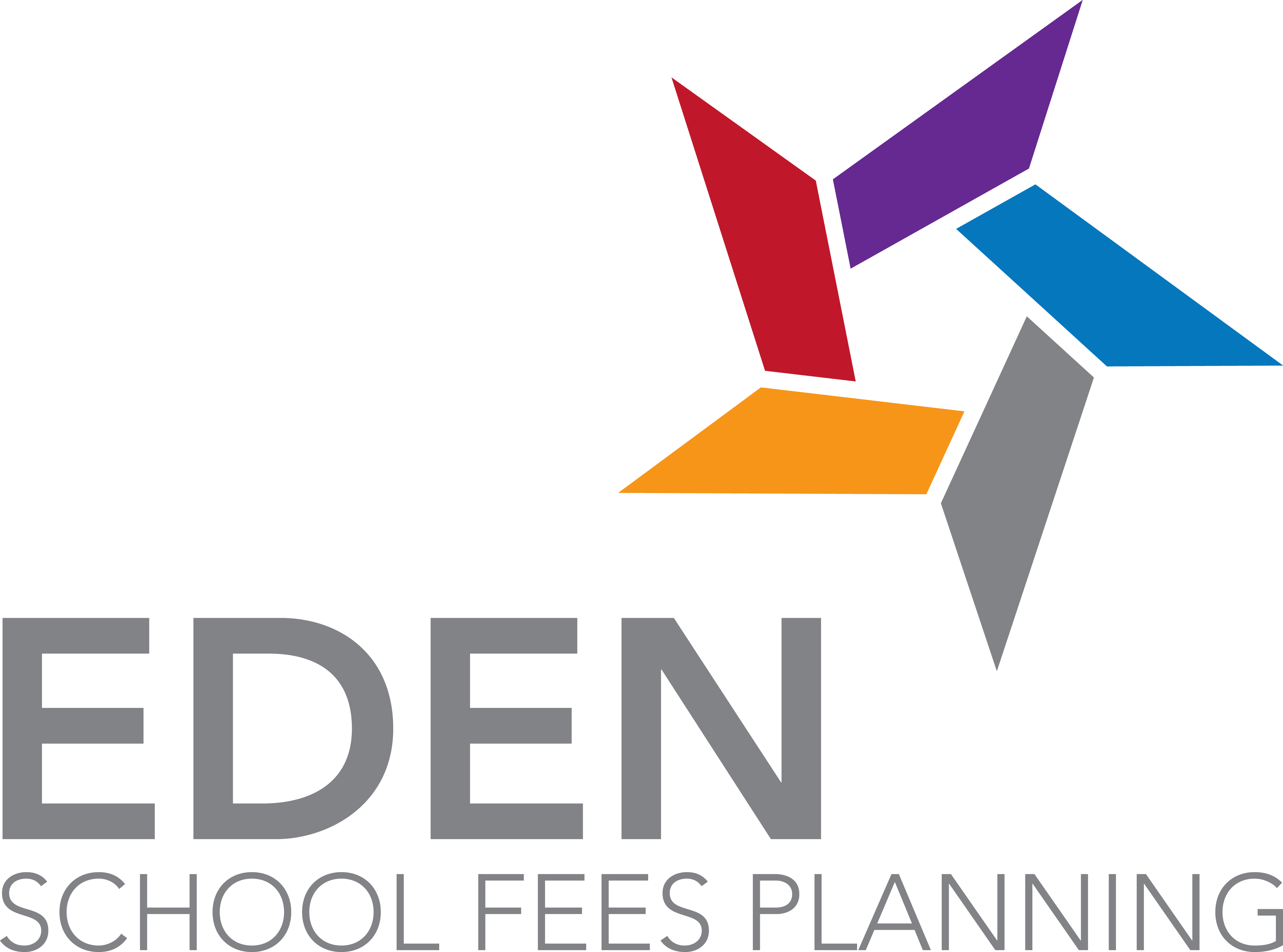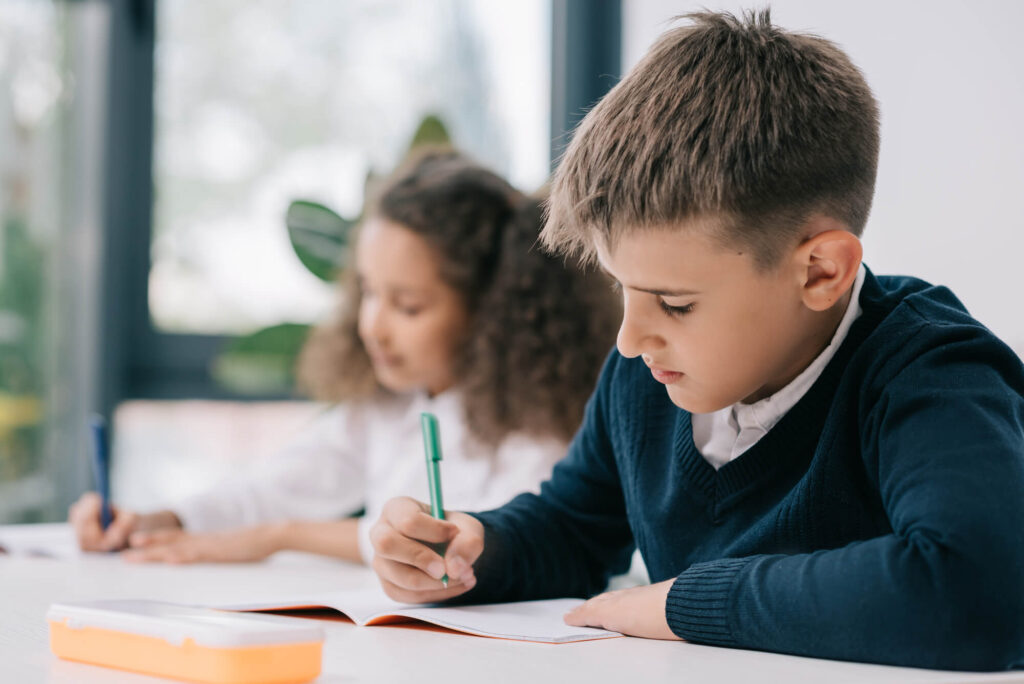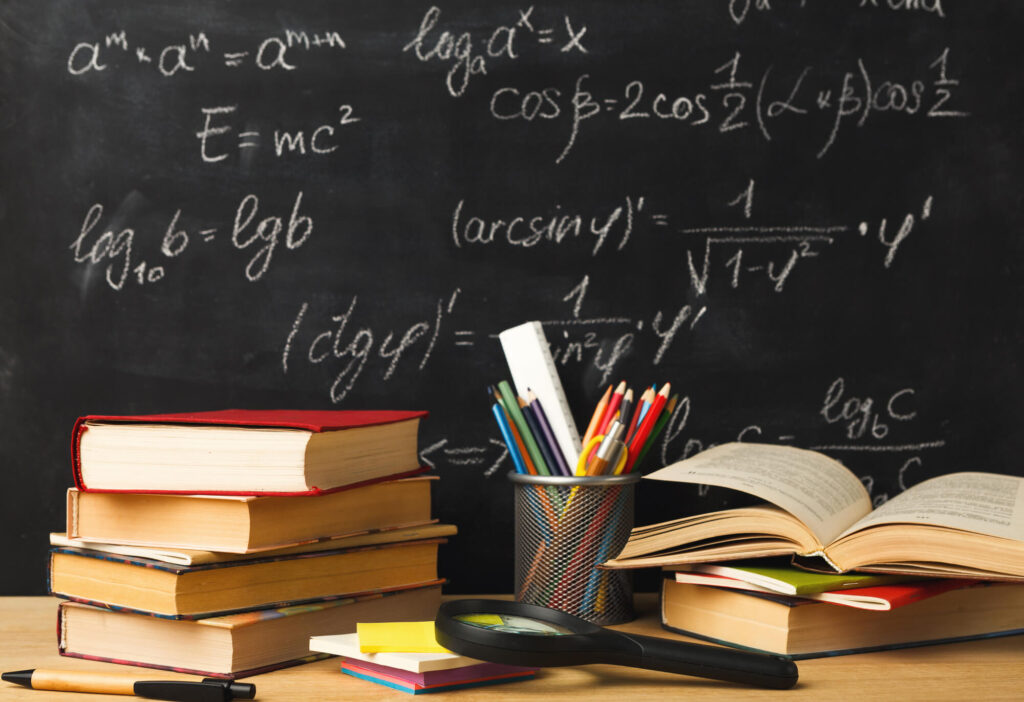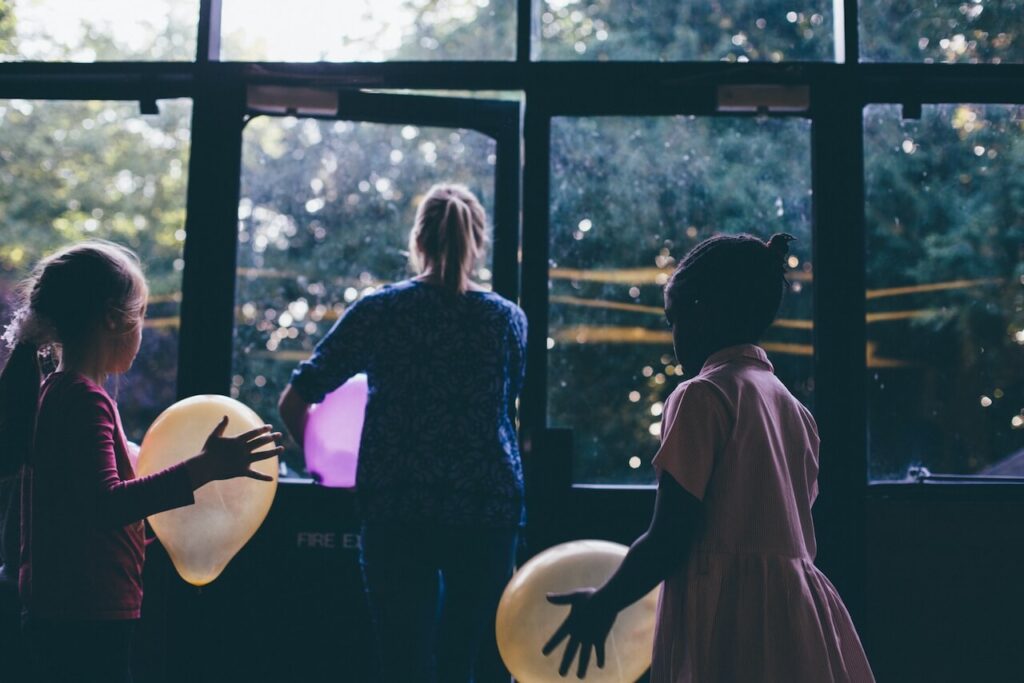
Do private schools follow the national curriculum? And what do they teach?
Private schools are renowned for offering a top-flight education to their students. But when it comes to what they actually teach, many parents considering a private education for their child find they’re a little hazy on the details.
So, do independent schools follow the national curriculum? What are children taught at private schools? Let’s explore.
Teaching untethered: do private schools follow the national curriculum?
Unlike state schools, private schools don’t necessarily follow the national curriculum. Since they’re not supported by local authorities, there’s no need for private schools to follow government diktat on the topics they teach.
This gives private schools – and individual teachers – plenty of autonomy in what students are taught. And the way they’re taught it.
What subjects are taught in private schools?
Private schools can set their own programme of learning. Some take the national curriculum as a guideline because the learnings help prepare students for national exams later in their education. Others look to curricula taught in other countries, for example, working towards IGCSEs rather than GCSEs. They can also choose to offer IB Diplomas or BTECs.
Most independent schools consider IGCSEs to give a better course than GCSEs, because of a perceived ‘dumbing down’ of GCSEs in recent years. If your child goes on to apply for higher education, don’t worry, universities don’t typically distinguish between GCSEs and IGCSEs (although it’s worth keeping an eye on this or asking individual universities). Whichever your child ends up with – or a mixture – it shouldn’t cause a problem in their application.
Broadening Horizons
Without the narrow national curriculum focus on core and STEM subjects, independent schools have the freedom to offer their students a more varied curriculum.
Depending on the private school’s specialism, they might offer more in music, sports, languages, or the arts, for example – sometimes up to double the curriculum time for these subjects. If your child has a particular interest, it’s worth looking for a private school that aligns with their passions – they can get to access more teaching time and better facilities.
That’s because most private schools have resources on site that state schools simply couldn’t dream of. In fact, research by UCL found that private schools spend an average of three times more than state schools on teaching and learning resources.
Related article: how much does private school cost?
For instance, Millfield School, well known for their sporting track record, offers Olympic-style swimming pools and dance studios with sprung floors. Milton Abbey has its own farm and riding stables that all students can take advantage of, not just those studying land-based or equine courses. Hurtwood House gives students access to unparalleled music and performing arts facilities, like four digital recording studios and the chance to perform with West End orchestras during the Christmas shows.
Facilities like these open a world of opportunity to the students who study at private school.
Boffins and swats: is private school education extremely academic?
Private schools have the time and resources to help pupils do their best in core subjects like maths, English and science, and smaller class sizes can help teachers tailor their methods to the way individual children learn best. With greater contact time, students have greater opportunity to ask questions, and teachers are more able to spot when a child needs extra support.
But it’s not all serious study in highly academic subjects at independent schools. Not only do private schools offer much more timetable time for music, the arts and sports, some even inspire students with vocational courses such as BTECs.
An approach like this is ideal for students who have a clear career path in mind. It lets children get stuck into their chosen field earlier in their education, putting them head and shoulders above students who haven’t had this option. For example, Milton Abbey offers students extended BTECs at level 3. This means they can study a single subject, like sports or hospitality, at a depth equivalent to 3 A-levels.
Do they teach anything in private schools that they don’t teach in state schools?
Because independent schools set their own curriculum, they have the flexibility to move with the times and respond to the needs of the future. For some schools this means a focus on leadership and entrepreneurship, for other this could be a focus on interpersonal skills and emotional wellbeing – King’s College School in Wimbledon have offered these for several years. Many private schools in the UK talk about building character for children passing through their care.
As well as different subjects, many private schools go deeper into topics that state school children will be familiar with, giving more time to skills like languages, coding, music or sport. An extensive knowledge of areas like these mean students can get more insight and enjoyment from the topics they love, and it stands them in good stead to grow their understanding throughout their education.
Curriculum collapse
No, it’s not the downfall of education, curriculum collapse is a concept where schools replace a day or a week of their usual timetable with one theme, and the children get involved in all kinds of activities that surround it.
These enrichment days mean students can be fully immersed in a topic. The hands-on aspect is exciting and fun, making the learnings even more memorable for the students.
Boys at Bedford school, for example, have taken part in curriculum collapse days on the theme of ‘mind, body and soul’ involving fitness, music and art challenges.
Children from Long Close School have enjoyed weeks of codebreaking and mystery solving during a ‘Spy Academy’ and been inspired with rocket launches and planetarium builds during ‘Space’ week.
Bedales School has three curriculum collapse days each year, including a recent day celebrating ‘freedom to learn’ which involved writing protest music, creating art and animating Newton’s three laws.
Be prepared: what else do prep schools offer?
Prep schools (short for preparatory schools) for children aged up to 11 or 13 also make sure their students are ready to move forward into senior school. They’ll coach children in the Independent School Examination Board (ISEB) entrance exam, or the senior school’s own exam. This usually includes maths, English, verbal and non-verbal reasoning.
Since private schools don’t follow the national curriculum, are they inspected by Ofsted?
Just like state schools, independent schools are responsible for providing children with a safe environment and a high-quality education. School inspection is one of the ways private schools are held accountable. But it doesn’t necessarily happen through Ofsted.
Around half of all private schools are inspected by Ofsted, and the majority of others have their inspections carried out by a board called the Independent Schools Inspectorate (ISI). There are other inspection boards too, and the body overseeing your child’s school will depend on whether the school is a member of an umbrella group.
However, it’s worth remembering that all private school inspectorates are approved and regulated by Ofsted, so you can be sure the core needs of your child are being met.
Getting ready for private education…
Is the up-to-date curriculum, broader fields of study, or specialist sports or arts focus right for your child? It’s time to choose a private school for them.
Eden School Fees Planning can help you fund a private education without sacrificing your dreams of exciting family holidays or early retirement. Contact us to start putting together your school fees plan.
Related Posts
Does a private school education lead to a better career?
What private schools offer children with Special Educational Needs (SEN)
The UK’s most affordable private schools: where can you find them?
What facilities do private schools offer?
Best private schools in the UK for performing arts
How to find the right private school for your child
What to expect from private school entrance exams at different stages of education
Should you choose a private school that specialises in music or sport, or takes a broad approach to learning?



